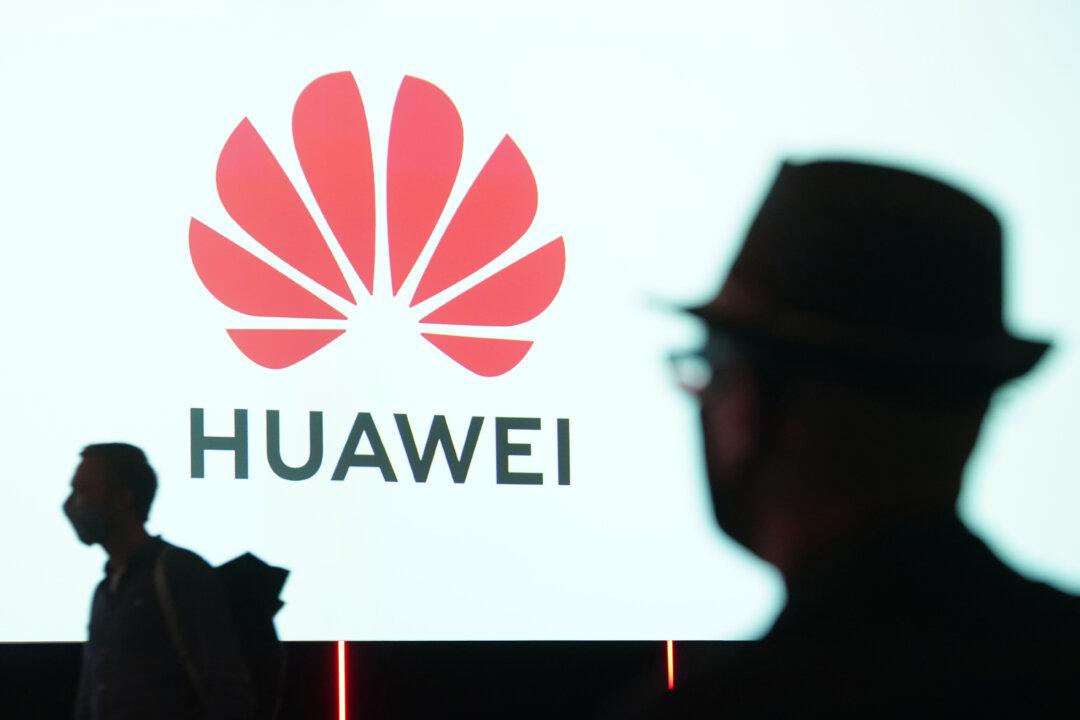The U.S. Department of Justice’s (DOJ’s) criminal case against China’s Huawei Technologies has been scheduled for January 2026 after negotiations on settlement ended in “an impasse,” according to reports.
Assistant U.S. Attorney Alexander Solomon said at a status conference in Brooklyn, New York, on Thursday that “it would be prudent to schedule a trial date,” given that settlement discussions resulted in an impasse.





